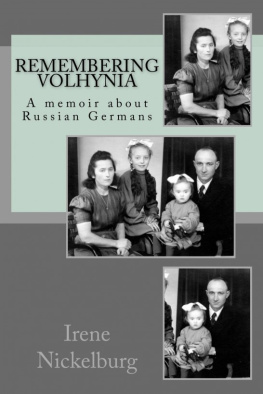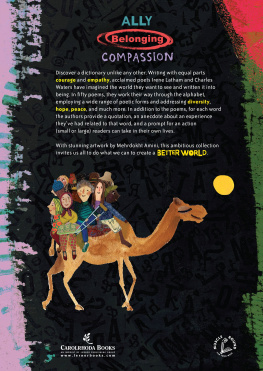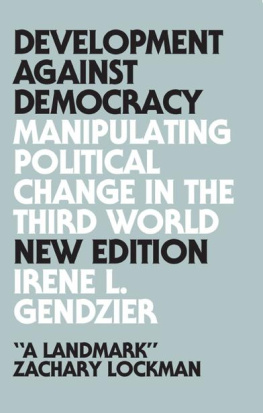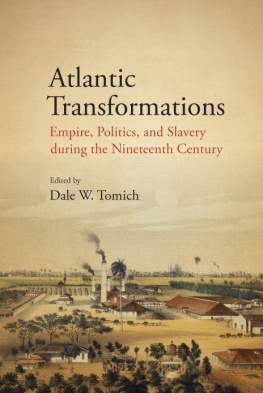
Empire, Political Economy and the Diffusion of Chocolate in the Atlantic World
Chocolate is one of the most visible examples of how a deeply exotic consumer product penetrating our daily lives fascinated Europeans during the Early Modern period. Today, over 50% of the 4 million tons of cocoa produced globally comes from sub-Saharan Africa. Ecuadorian cocoa, on the other hand, is considered premium quality. Yet the fact that Ecuadorian cocoa is preferred by todays artisanal chocolate makers is one of historys ironic turns. During the eighteenth century, production and exports of Ecuadorian cocoa dramatically expanded due to its fast growth rate, high yield and low price, though certainly not due to its qualities of taste. This book analyzes the transition of chocolate from an exotic curiosity to an Atlantic commodity. It shows how local, interregional, and Atlantic markets interacted with one another and with imperial political economies. It explains how these interactions, intertwined with the resilience of local artisanal production, promoted the partial democratization of chocolate consumption as well as economic growth.
Irene Fattacciu is a postdoctoral fellow at the University of La Tuscia, Italy.
Early Modern Iberian History in Global Contexts: Connexions
Series Editors: Harald E. Braun
University of Liverpool
Pedro Cardim
Universidade Nova de Lisboa
Early Modern Iberian History in Global Contexts: Connexions features studies that address Iberian societies and cultures from a variety of standpoints and theoretical perspectives. It understands Iberian history as a plural way of approaching an ensemble of individuals and groups made up of similarities, connections, contrasts and colliding trajectories. Its aim is to connect the different national and transnational research traditions in the field of Iberian historical studies, and showcase the multifaceted character of the Iberian past, encompassing its many voices as well as the tensions, the violence and the conflicts that opposed its various components, both across the Iberian Peninsula and across the globe.
Editorial Board: Antonio lvarez Ossorio Alvario (Universidad Autnoma de Madrid/MIAS), ngela Barreto Xavier (Universidade de Lisboa), Fernando Bouza lvarez (Universidad Complutense de Madrid), Arndt Brendecke (Ludwig-Maximilians-Universitt Mnchen), Bruno Feitler (Universidade Federal de So Paulo), Roquinaldo Ferreira (University of Pennsylvania), Mercedes Garca-Arenal Rodrguez (CSIC), Xavier Gil Pujol (Universitat de Barcelona), Claire Gilbert (Saint Louis University), Regina Grafe (European University Institute), Manuel Herrero Snchez (Universidad Pablo de Olavide), Tamar Herzog (Harvard University), Richard Kagan (Johns Hopkins University), Giuseppe Marcocci (University of Oxford), Amlia Polnia (Universidade do Porto), Maria M. Portuondo (Johns Hopkins University), Jean-Frdric Schaub (EHESS), Mafalda Soares da Cunha (Universidade de vora), Mara Jos Vega (Universidad Autnoma de Barcelona), Bartolom Yun-Casalilla (Universidad Pablo de Olavide)
Empire, Political Economy, and the Diffusion of Chocolate in the Atlantic World
Irene Fattacciu
For more information about this series, please visit: www.routledge.com/Early-Modern-Iberian-History-in-Global-Contexts/book-series/EMIHIGC
Empire, Political Economy and the Diffusion of Chocolate in the Atlantic World
Irene Fattacciu
First published 2020
by Routledge
52 Vanderbilt Avenue, New York, NY 10017
and by Routledge
2 Park Square, Milton Park, Abingdon, Oxon, OX14 4RN
Routledge is an imprint of the Taylor & Francis Group, an informa business
2020 Taylor & Francis
The right of Irene Fattacciu to be identified as author of this work has been asserted in accordance with sections 77 and 78 of the Copyright, Designs and Patents Act 1988.
All rights reserved. No part of this book may be reprinted or reproduced or utilised in any form or by any electronic, mechanical, or other means, now known or hereafter invented, including photocopying and recording, or in any information storage or retrieval system, without permission in writing from the publishers.
Trademark notice: Product or corporate names may be trademarks or registered trademarks, and are used only for identification and explanation without intent to infringe.
Library of Congress Cataloging-in-Publication Data
A catalog record for this book has been requested
ISBN: 978-0-367-85951-0 (hbk)
ISBN: 978-1-003-01595-6 (ebk)
Typeset in Sabon
by Apex CoVantage, LLC
El hombre depende del suelo y, en cierto modo, los suelos buenos dependen del hombre y del uso que hace de ellos.
Development project, Cocis NGO, Ecuador 1989
Dedicated to Diego Fattacciu (19561989)
When I was admitted to the European University Institute PhD program and, a few days later, passed through the door of Bartolom Yun-Casalillas office, I did not imagine that I was going to embark on a mind-opening, four-hour conversation about patterns of consumption and empires. A few years later, not long before I handed in the final version of my dissertation, I unexpectedly ran into a few photos of my father, who was a land surveyor and died when I was a child while working in Ecuador with a nongovernmental organization (NGO). From the pictures, I realized that he was working with small cocoa farmers in a little town of the Pichincha province, and on a big poster on the wall behind him I could read the phrase that opens this book. In between these two moments, I had started a long journey retracing the paths taken by cocoa and chocolate across the Atlantic, chasing down the connections and intersections at the level of production, distribution and consumption that could explain the reasons, modalities and implications of chocolates spread.
I owe a debt to several institutions and people who assisted my research in libraries and archives on both sides of the Atlantic. Much of the research was carried forward while working at the European University Institute, the Archivo General de Indias in Seville, the Archivo Histrico Nacional, the Archivo Histrico de Protocolos, the Archivo General de Villa and the Biblioteca Nacional in Madrid, and the Archivo Histrico de Protocolos, the Archivo Histrico de la Ciudad de Barcelona and the Archivo de la Corona de Aragn in Barcelona. Thereafter, thanks to the support of the University of Turin and Federica Morelli, I was able to enrich the corpus of sources during a visiting period in Mexico City, where I worked at the Biblioteca Nacional, the Archivo General de la Nacin, the Archivo Histrico de la Ciudad de Mexico and the Archivo de la Notaras de Mexico D.F.
The European University Institute Vasco da Gama fellowship program provided generous financial assistance during and after my PhD, while this book was also possible thanks to the support of the Compagnia di San Paolo and the University of Tuscia. I would also like to thank the editor of the series, Harald Braun, for his guidance and for supporting me during the entire publication process.









